-
Posts
192 -
Joined
-
Last visited
Posts posted by Mandolin Picker
-
-
-
-
-
-
-
-
-
-
-
Came across this today.
Islands in the Stream
Musicians are in peril, at the mercy of giant monopolies that profit off their work.From the article summary on Slashdot
"The platforms have driven the price of content to zero," says William Deresiewicz, author of The Deathof the Artist. "This demonetized content is still generating a fortune. But the artists aren't getting that money."
"Artists today are beset on all sides by monopolists and oligopolists," argues a 7,000 word analysis in The American Prospect. "Like so many sectors of our economy, government inaction has allowed the music business to consolidate, with devastating effects on musicians. Radio is to a shocking degree in the hands of one company, Liberty Media. Two companies, Live Nation and Anschutz Entertainment Group (AEG), control a large number of venues and artist management services, with Live Nation dominating ticketing. The major labels have been whittled down to three. Record stores, alt-weeklies, and other elements that nurtured local music scenes are largely gone.
Dwarfing all that in significance is streaming, which has become the industry's primary revenue source, despite giving a pittance to the vast majority of artists. For the main streaming companies — YouTube and Spotify — music is really a loss leader, incidental to data collection, the advertising that can be sold off that data, and the promise of audience growth to investors... This radical upending of the industry's business model has benefited a few stars, while the middle-income artist, like so much of the middle class in America, struggles to survive...
Chris Castle, an entertainment attorney who used to work at A&M Records, could see it coming when he caught wind of an advertisement for a rebooted version of Napster that operated as a primitive streaming service. The tagline was: Own Nothing, Have Everything. Castle recalled: "I thought right there, that's the end." David Lowery, lead singer of Camper van Beethoven and later Cracker, who now lectures at the University of Georgia in addition to making music, described the internet as reassembling all the gatekeepers that kept artists away from fair compensation. "We celebrated disintermediation, and went through a process of re-intermediation," he said.The article points out that in 2018 YouTube already accounted for 47% of all on-demand playtime globally, according to figures from a nonprofit trade group — while RIAA figures show that streaming now accounts for 83 percent of all recorded income in the U.S, while digital music downloads now earn even less than vinyl records. It remains to be seen whether movement building from all stakeholders, from musicians to fans, will be able to force platform monopolies to give creators just compensation. But the winds are shifting in Washington around Big Tech, and a united front of artists could prove key to raising public sympathies against exploitation and toward basic fairness.
Artists would rather think of themselves as outside the system. "The wonderful thing about the DIY vision is also its weakness," noted Astra Taylor, a writer, filmmaker, and activist whose husband, Jeff Mangum, fronts the lo-fi rock band Neutral Milk Hotel. (Astra has occasionally played with the group.) But the system has come for them, and toppled the structures that allowed them to create. Everyone loves music, and most of us now have the capacity to listen to anything, anywhere, at any time. We can't hear through the noise that the people who brought us this musical bounty are in trouble.In the article Marc Ribot, a guitarist who has played with Tom Waits and Elvis Costello, complains that "The same neoliberals in anarchist drag boosting indie labels in the '90s are now boosting Bandcamp. I love Bandcamp. I love the food co-op too. They've been around since the 1930s, they're 3 percent of the market, will never be any bigger... We need to either tear the whole thing down and create real socialism where I get an apartment for my good looks, or a functioning market."
-
 1
1
-
-
-
-
-
-
Scars are better than tattoos. They come with much better stories! 👍
-
-
"...but I'm not asking who's on first!"
-
Started with a Commodore 64 then upgraded to a Commodore 128 (like the one below). It was a really nice computer. Used it until I did a home-built 486DX-33 (had to have the math chip) with 8MB of RAM and 330MB hard drive. About a year later bought the 'media upgrade kit' that had a CD-ROM, a sound card and a bunch of CDs with games that no body ever played!!
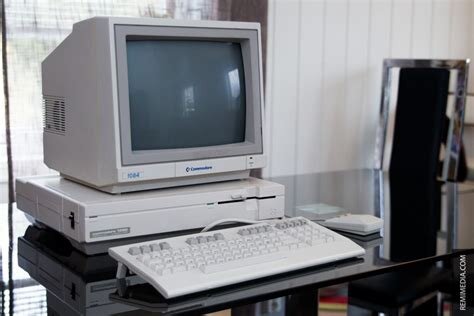
-
-
-
-
-
-



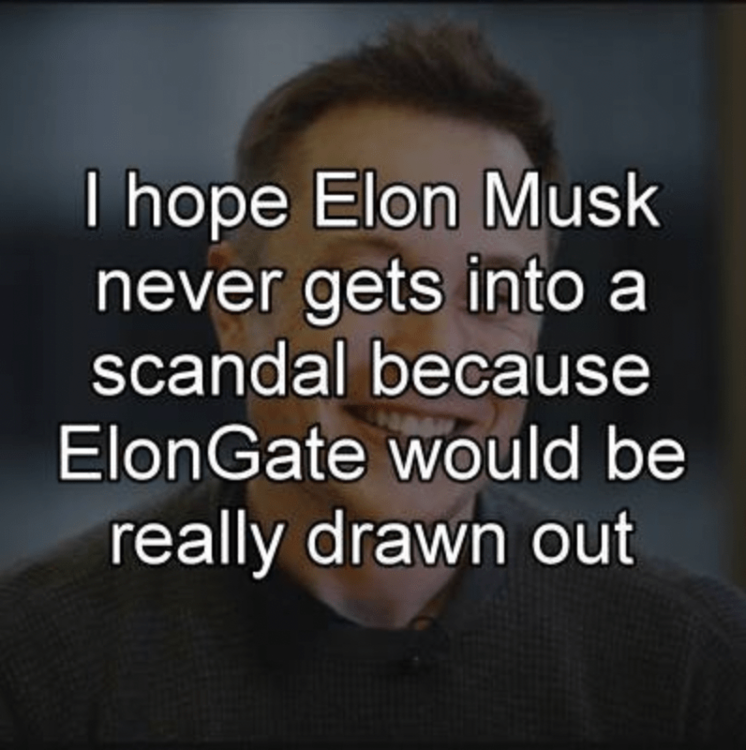


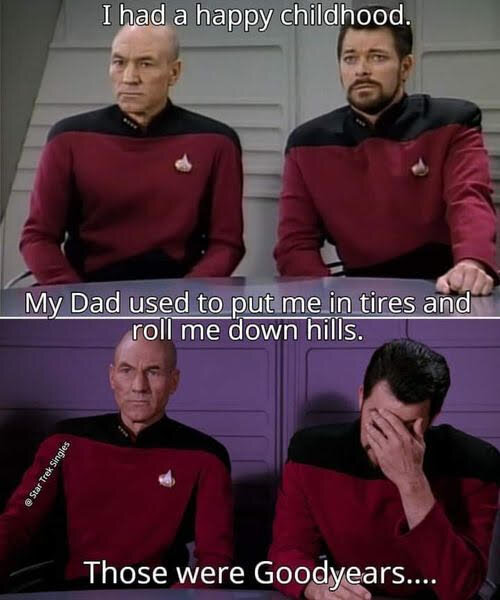
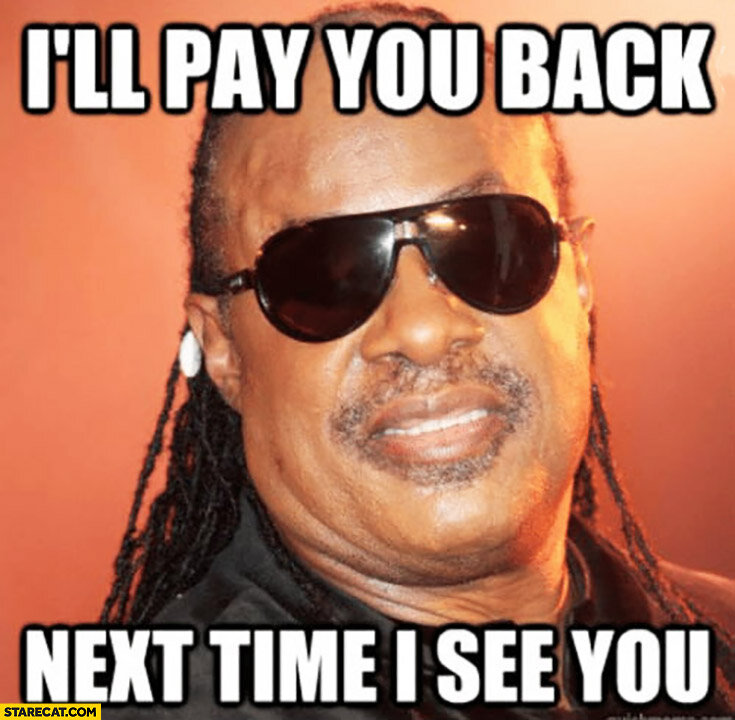
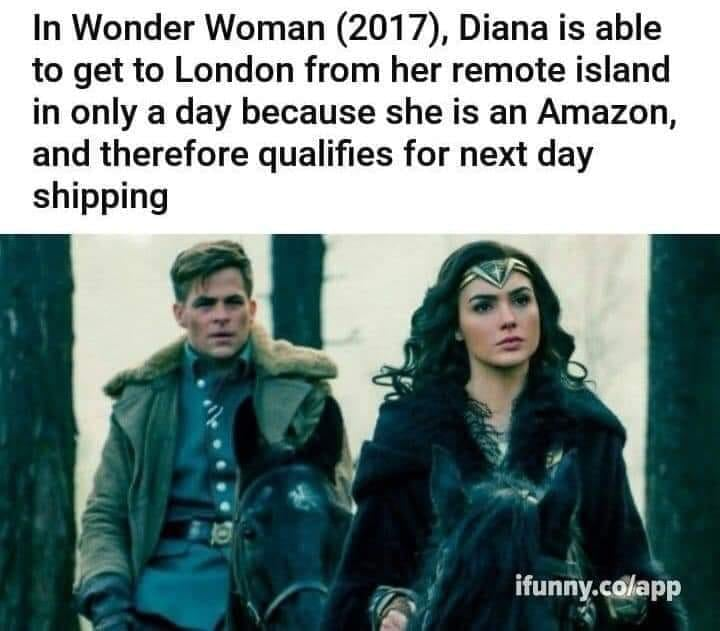

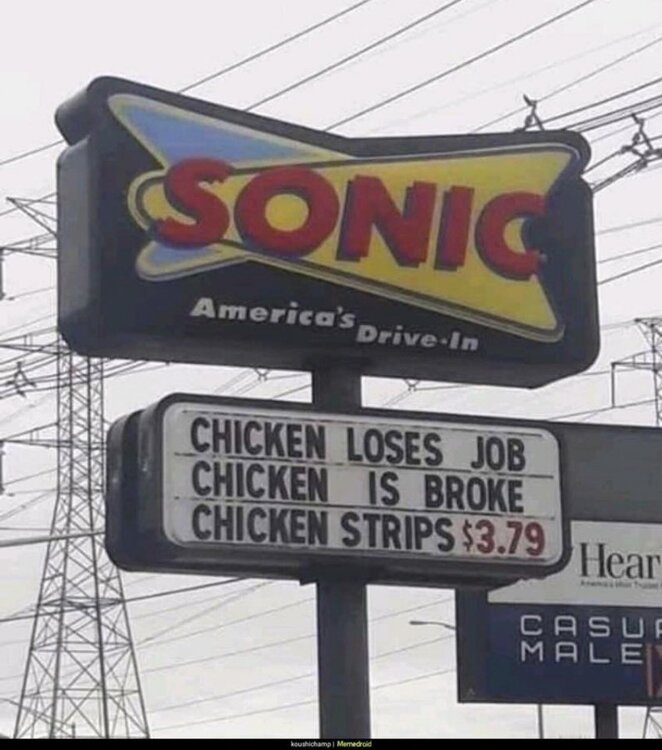
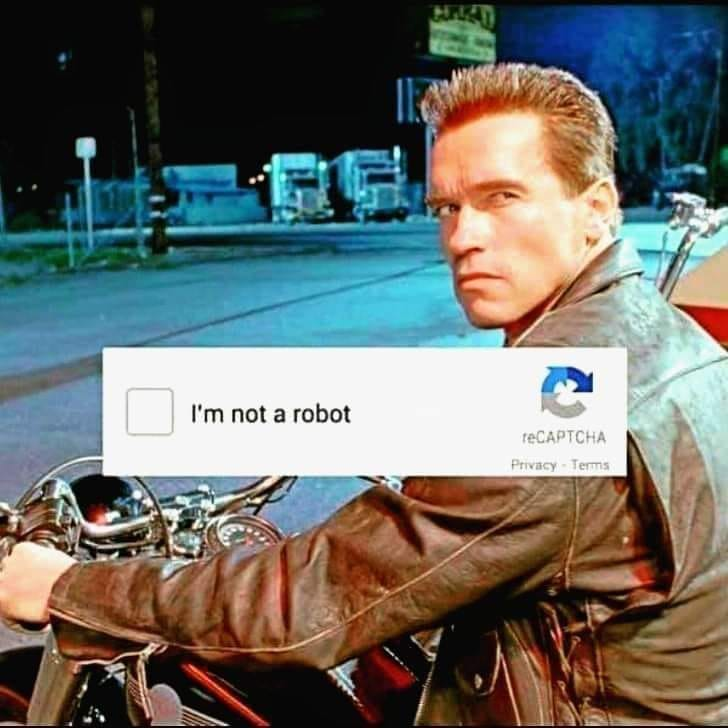
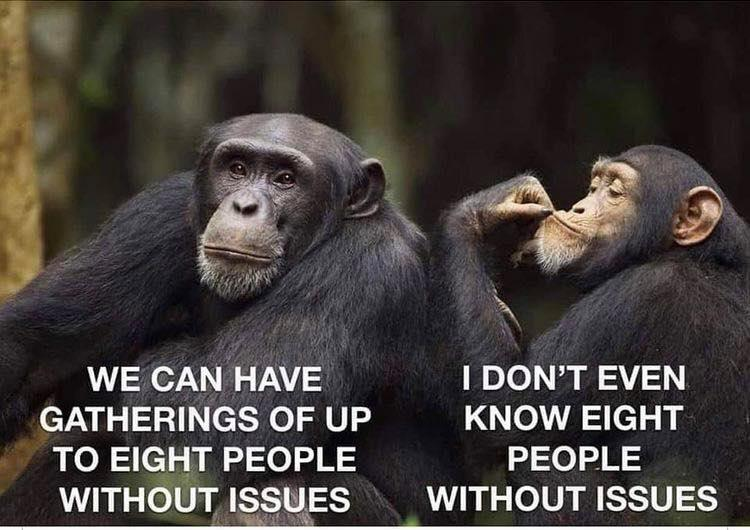
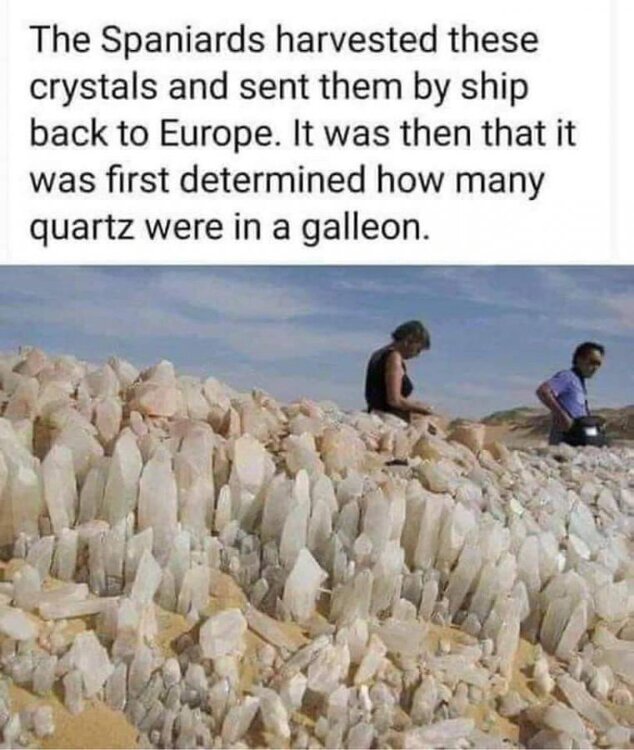

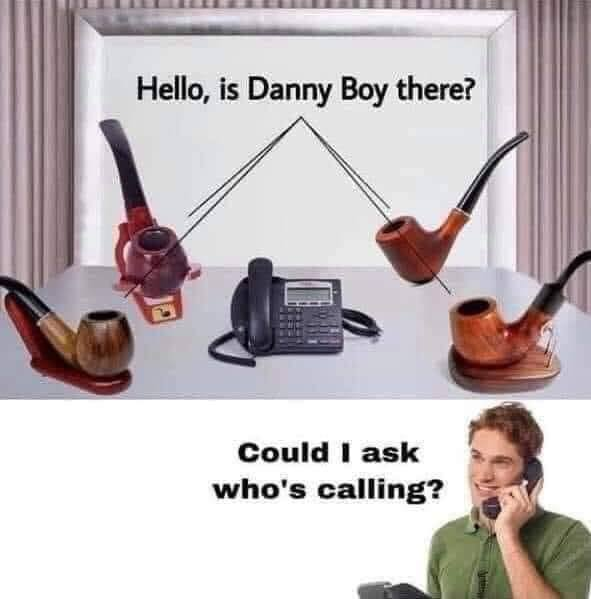
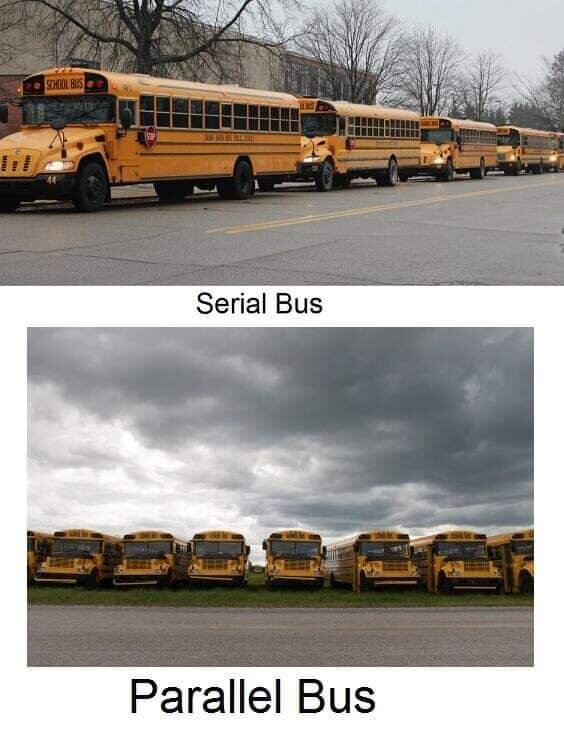
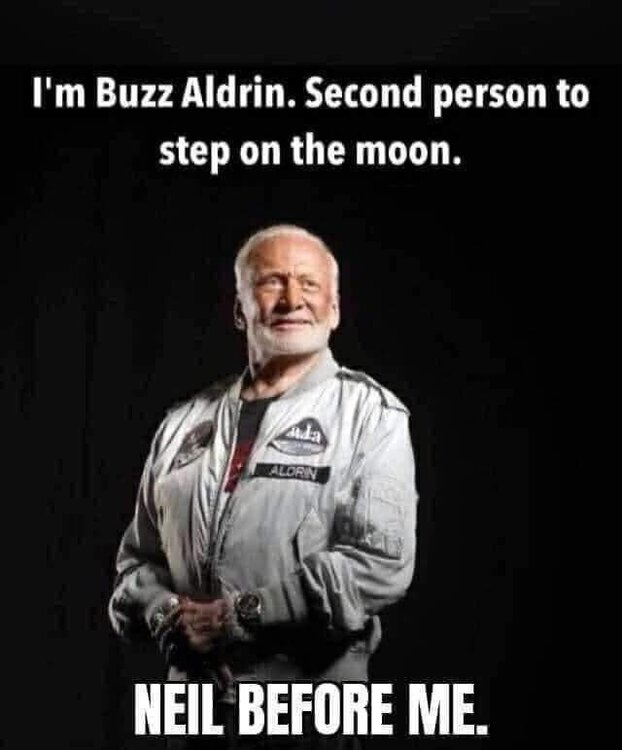
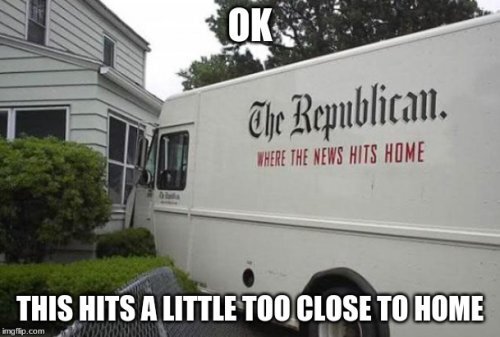
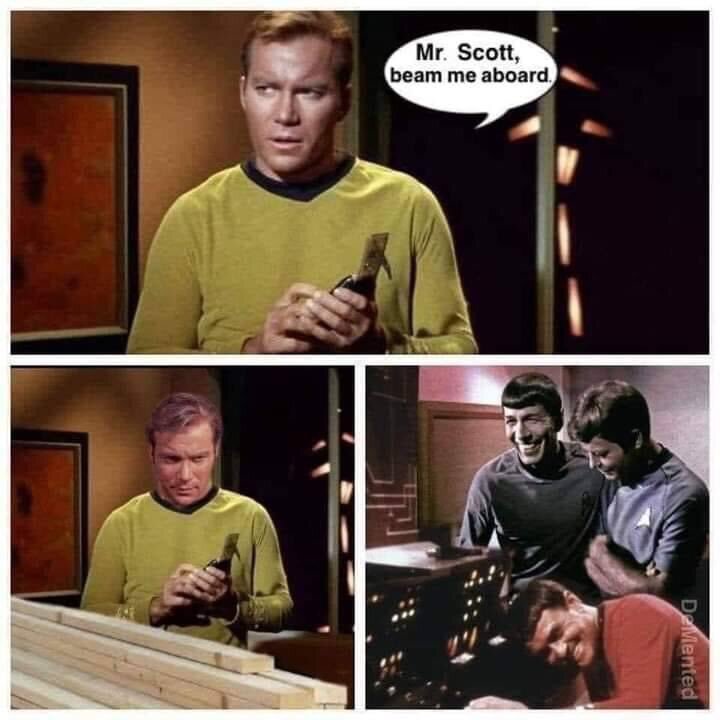
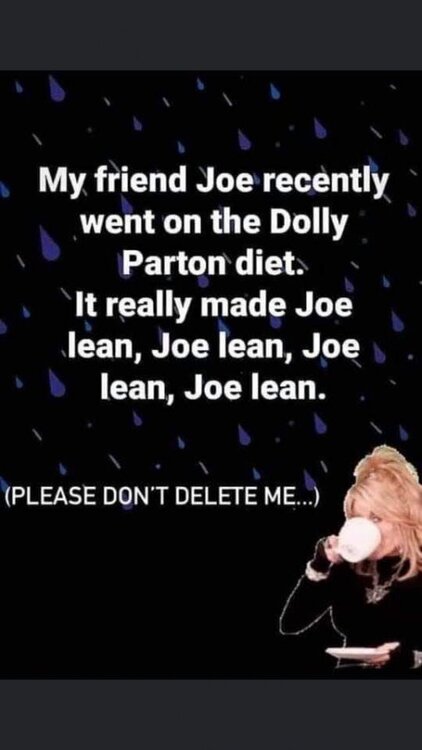
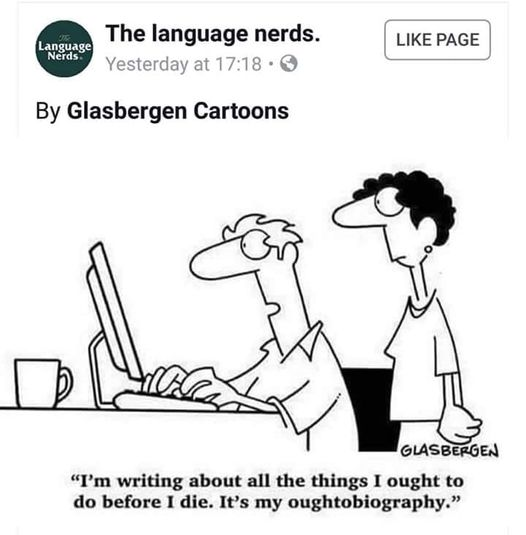

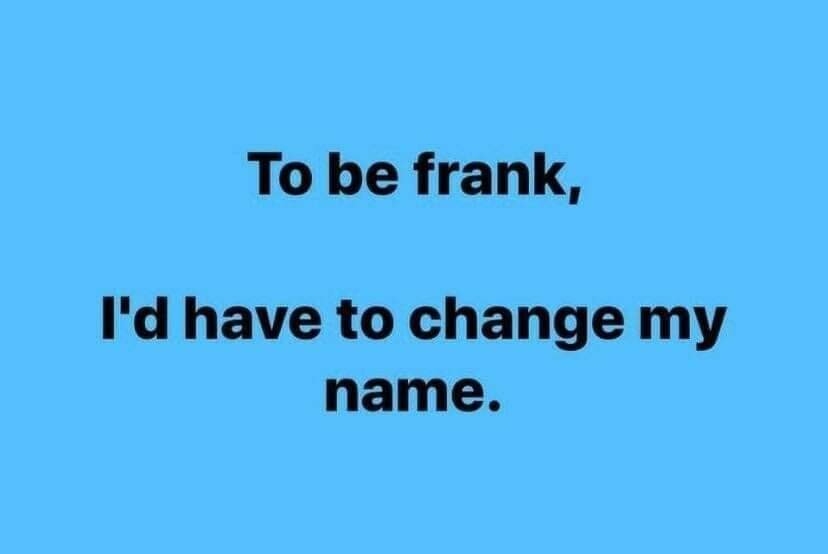
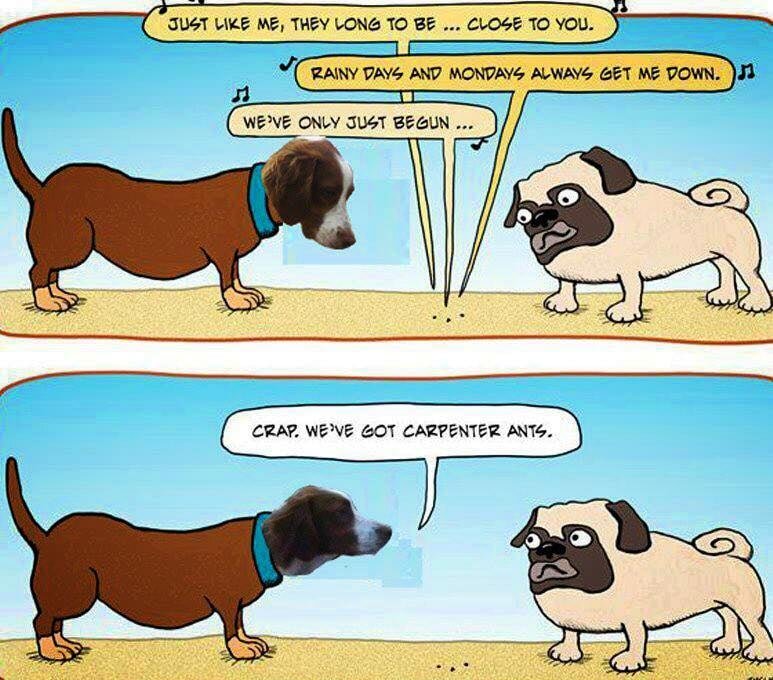
Puns Anyone? Got 'em? Post 'em.
in The Coffee House
Posted